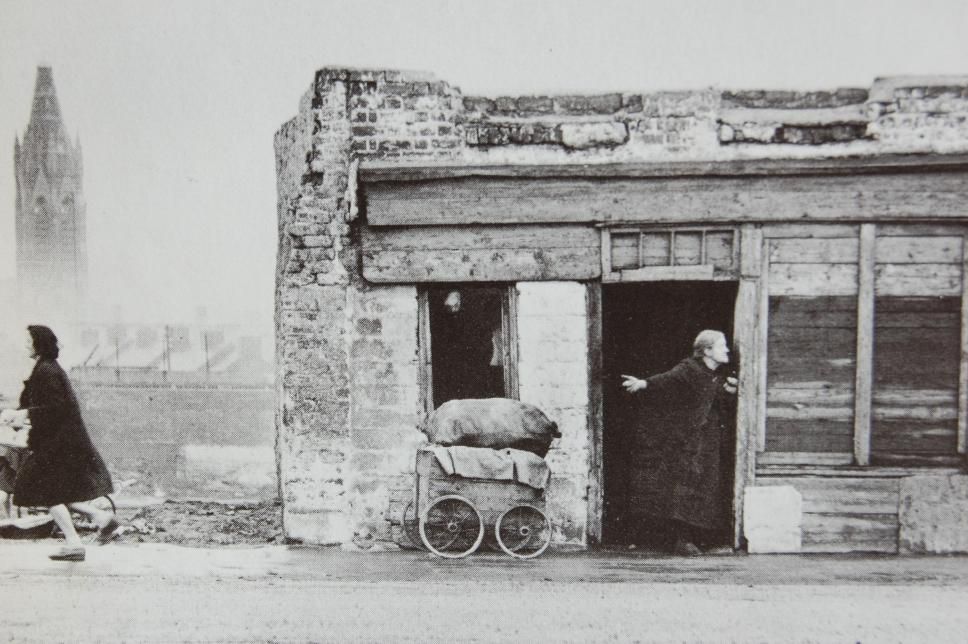One thing that stood out to me as I read this week was the emphasis of poverty that seemed to consistently plague Dublin throughout its history. Now, I know that poverty is something that most of Europe/the world at large has suffered from even up to the present day, so it’s not surprising that Dublin had its own struggles with the issue. But what did stand out to me was when McMahon said, in A Short History of Ireland, “…[Ireland] also had in her cities some of the worst slums in Europe. Dublin, especially, was notorious and even contemporaries knew how bad conditions were” (167). It seems that Dublin’s poverty reached a climax in the 20th Century, but it made me reflect back on the trend of poverty that existed in earlier centuries and that Kilfeather touched on every so often in Dublin: A Cultural History.
The other thing that stood out to me in Kilfeather’s book was his excerpt on Jonathan Swift and how he emerged as a voice for the impoverished of Dublin. I actually didn’t realize Jonathan Swift was Irish (which exposes my inability to pay attention in past classes when I was supposed to read Gulliver’s Travels), but once I made this connection, it made me think back on Gulliver’s Travels differently. When Kilfeather says, “There is no critical consensus on whether Swift expresses more pity or contempt for the degraded Yahoos who so much resemble English stereotypes of the Wild Irish” (47), it made me start to reframe my critical analysis of Gulliver’s Travels in terms of the Irish and the English, rather than just upper and lower class. It’s an interesting shift in my perspective and I think it gives me a little more insight to that dynamic than a pure historical account can give.


Respond to a peer’s diary entry and ask a question or make a new connection between places or place and text. Respond to a new peer every time and to someone without a response already. Feel free to respond to more than one entry!
Hi Kayla,
I was struck by the same idea, when you realize that there were so many more levels of inequality behind rich and poor, that it extended to nationality, it is mind boggling. It would be interesting in your context, to consider whether Gulliver himself was the “Englishman” who lands amongst Irish natives and doesn’t know how to conduct himself, he is literally and figuratively “clumsy”. Could it be a statement on England’s complete lack of understanding or compassion for individual and separate Irish culture and identity?